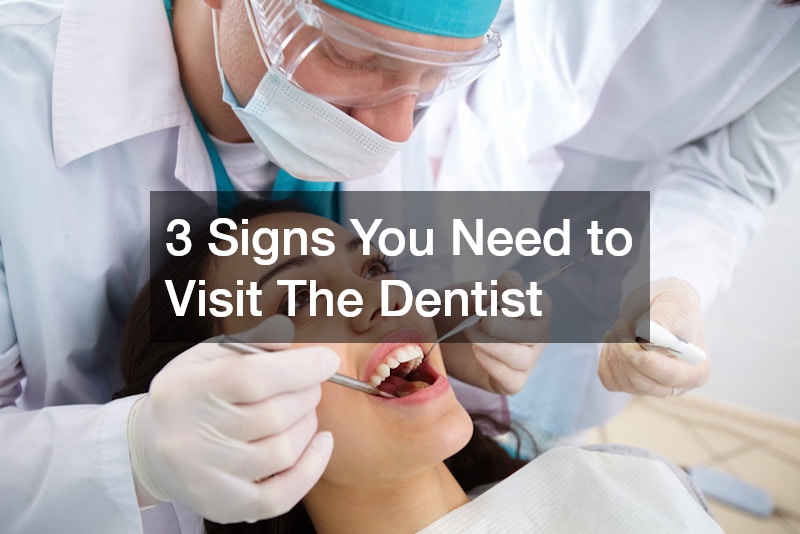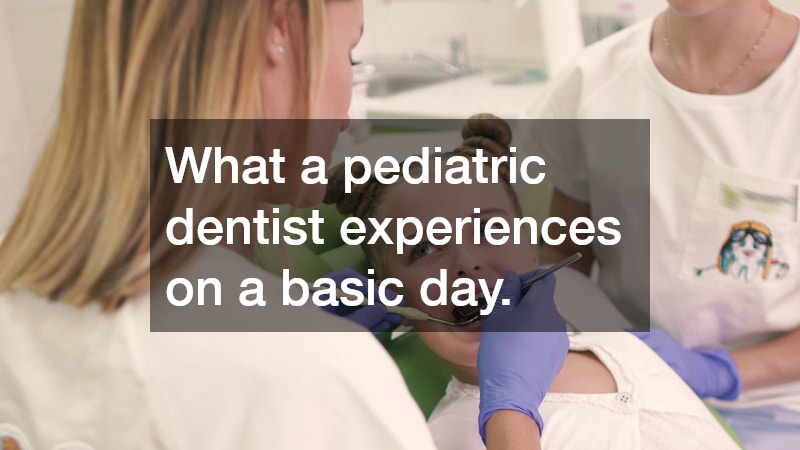Good oral health plays a vital role in your overall wellbeing. While regular brushing, flossing and dental check-ups form the foundation of a healthy mouth, many people delay seeking professional care until discomfort becomes unavoidable. Unfortunately, waiting too long can turn a minor issue into a more serious — and often more expensive — problem. Whether you’re experiencing changes in your teeth, gums or bite, there are certain warning signs that should never be ignored. Here are three clear indicators that it’s time to book an appointment with your local dental clinic .
1. Persistent Pain or Sensitivity
Tooth pain isn’t something that should be brushed off — it’s your body’s way of signalling that something isn’t right. If you experience sharp, throbbing or dull pain when eating, drinking or simply going about your day, it may indicate tooth decay, an infection or even a cracked tooth. Left untreated, these issues can worsen and lead to abscesses or the need for more complex procedures like root canals or extractions.
Tooth sensitivity, particularly to hot or cold foods and drinks, is another sign that you should have your teeth examined. While some people are naturally more sensitive than others, sudden or worsening sensitivity may point to enamel erosion, receding gums or cavities. These problems tend to develop gradually, so early detection can make a big difference in preserving your teeth.
Pain in the jaw, especially when chewing or waking up in the morning, might also suggest grinding or clenching (also known as bruxism), which can lead to enamel wear, headaches and jaw joint issues over time. A professional can assess the cause and recommend treatment options such as night guards or bite adjustments.
Even if the pain comes and goes, it’s worth having it assessed. Ignoring it could allow the underlying problem to progress, requiring more invasive treatment later on. If you’ve been relying on pain relief to get through the day, it’s time to make a call to the dentist .
2. Bleeding or Swollen Gums
Healthy gums are firm, pale pink and do not bleed during brushing or flossing. If you notice blood in the sink after brushing, it’s not something to dismiss as “normal.” Bleeding gums are one of the first signs of gum disease — a condition that starts off as gingivitis and, if untreated, can progress to periodontitis, a more severe form that can lead to tooth loss.
Swollen, red or tender gums can also indicate an infection or inflammation. These symptoms may be accompanied by bad breath or a bad taste in the mouth, even after brushing. Gum disease doesn’t just affect your mouth; it has been linked to other health conditions including heart disease and diabetes, making it even more important to take seriously.
Many people avoid dental visits due to anxiety or a belief that bleeding gums aren’t urgent. However, early intervention can reverse gum disease before it becomes chronic. A professional cleaning removes the plaque and tartar build-up that brushing alone can’t reach, giving your gums a chance to heal.
In some cases, bleeding can also result from aggressive brushing, using a toothbrush with hard bristles or starting a new flossing routine. While these may improve over time, persistent symptoms should always be evaluated by a dentist to rule out more serious conditions.
3. Changes in the Appearance or Feel of Your Mouth
Your mouth is sensitive to change — and often the first place signs of health problems appear. If you’ve noticed anything unusual about how your mouth looks or feels, it’s worth paying attention. This includes loose teeth, white patches, sores that don’t heal or a sudden change in bite alignment. These symptoms can range from minor to serious and should never be self-diagnosed or ignored.
Persistent bad breath or a strange taste can be signs of poor oral hygiene, gum disease or even underlying health issues like dry mouth or infections. While mints or mouthwash might mask the problem temporarily, they won’t solve the root cause.
If your teeth have shifted or your bite feels different, it may suggest bone loss, teeth grinding or issues with your jaw joint. These changes may seem subtle at first but can affect chewing, speech and facial structure over time.
It’s also important to monitor any lumps or bumps in the mouth, particularly if they don’t go away within two weeks. While many are harmless, some could indicate oral cancer. A routine check-up includes an oral cancer screening, allowing any concerns to be investigated early.
In short, if your mouth feels different — whether it’s discomfort, looseness, swelling or changes in appearance — don’t wait for it to become painful. Early diagnosis and treatment are key to managing issues before they escalate. Booking a visit to the dentist ensures your concerns are addressed properly and promptly.
Seeing a dentist regularly, even when everything seems fine, allows small issues to be caught before they turn into bigger ones. But if you’ve noticed any of these signs, don’t delay. Your mouth is an essential part of your overall health — and it deserves proper care.
.



